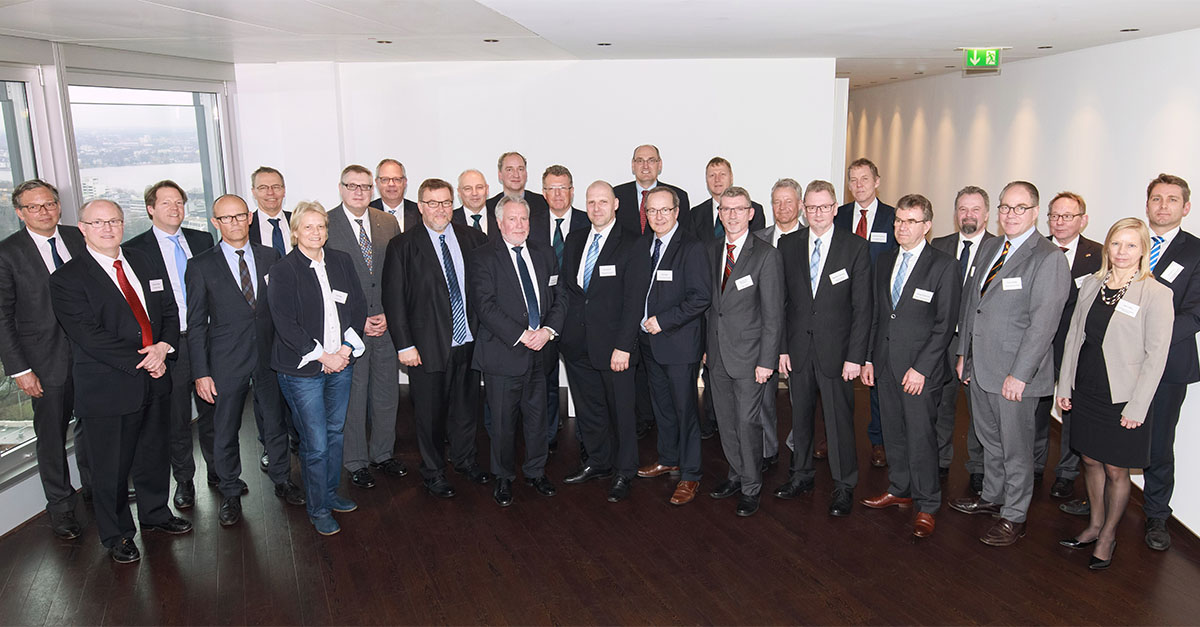(London) ABS, a leading provider of classification and technical services to the marine and offshore industries, held its annual National and Regional Committee meetings in London, Copenhagen and Hamburg in mid-March.
“Our committee meetings provide a platform for transparent, robust and engaging conversation with industry,” says ABS Chairman, President and CEO Christopher J. Wiernicki.
The committee meetings provide a forum for ABS Members, including owners, operators, charterers, and industry representatives from flag administrations, owner associations, the shipbuilding and insurance sectors, to come together with ABS leaders and discuss pertinent industry issues and developments. They are an important part of an ongoing dialogue with industry to address technical, operational and regulatory challenges.
Air emission requirements, including the impending 2020 sulfur cap and the EU MRV regulation, were particular areas of interest at this year’s meetings. As owners begin to prepare for compliance, they want to be sure they have selected solutions that best meet their unique fleet profiles. ABS is offering guidance that gives more confidence that the most suitable choices are being made. As the first accredited class organization to perform EU MRV assessments, ABS is helping companies make adjustments to align their plans with applicable requirements.
Additional subjects discussed at the annual meetings ranged from industry outlooks to impacts of other regulatory changes and included external presentations on shipping finance, the shipbuilding landscape and the digital transition and its effect on shipping.
“We welcome the valuable discussions and comments our members bring to these meetings,” says ABS Executive Vice President for Global Marine Dr. Kirsi Tikka. “The dialogue during these discussions helps to sharpen our focus on industry needs and priorities.”
About ABS
Founded in 1862, ABS is a leading international classification organization devoted to promoting the security of life and property and preserving the natural environment through the development and verification of standards for the design, construction and operational maintenance of marine and offshore assets.






























 The committee meetings provide a forum for ABS Members, including owners, operators, charterers, and industry representatives from flag administrations, owner associations, the shipbuilding and insurance sectors, to come together with ABS leaders and discuss pertinent industry issues and developments.
The committee meetings provide a forum for ABS Members, including owners, operators, charterers, and industry representatives from flag administrations, owner associations, the shipbuilding and insurance sectors, to come together with ABS leaders and discuss pertinent industry issues and developments. 






